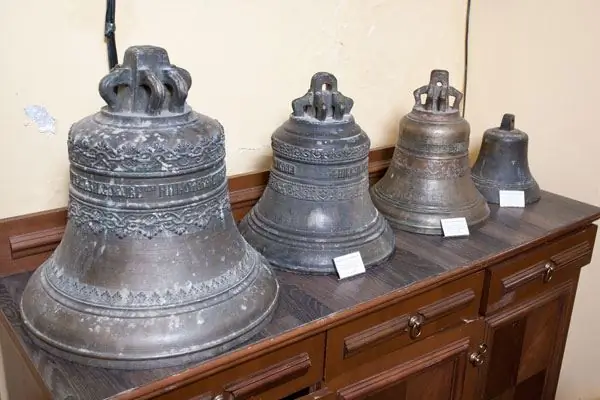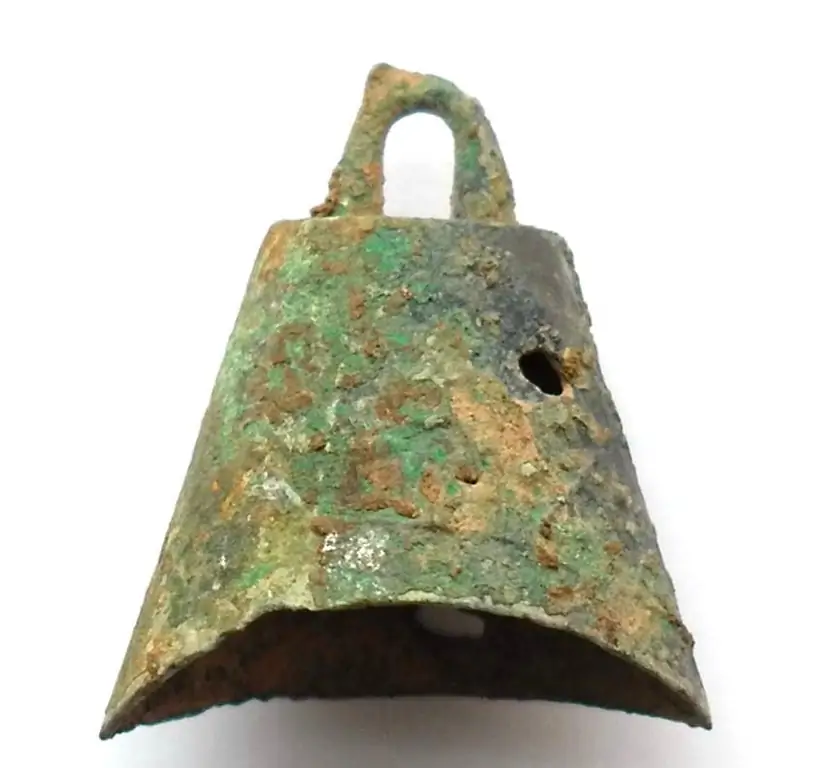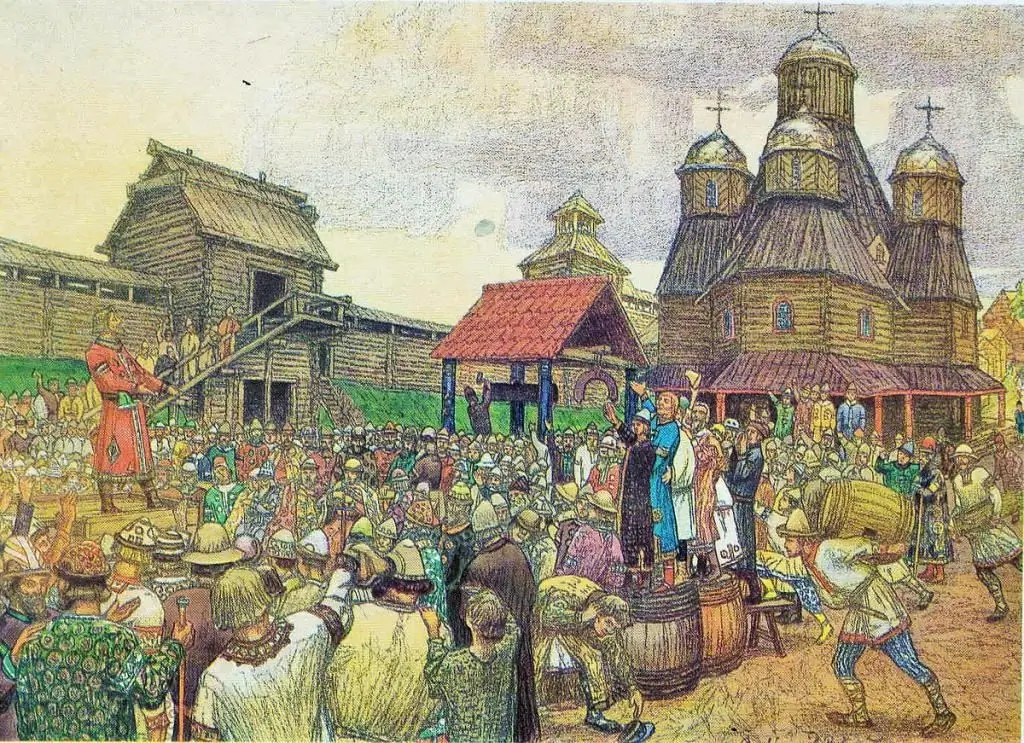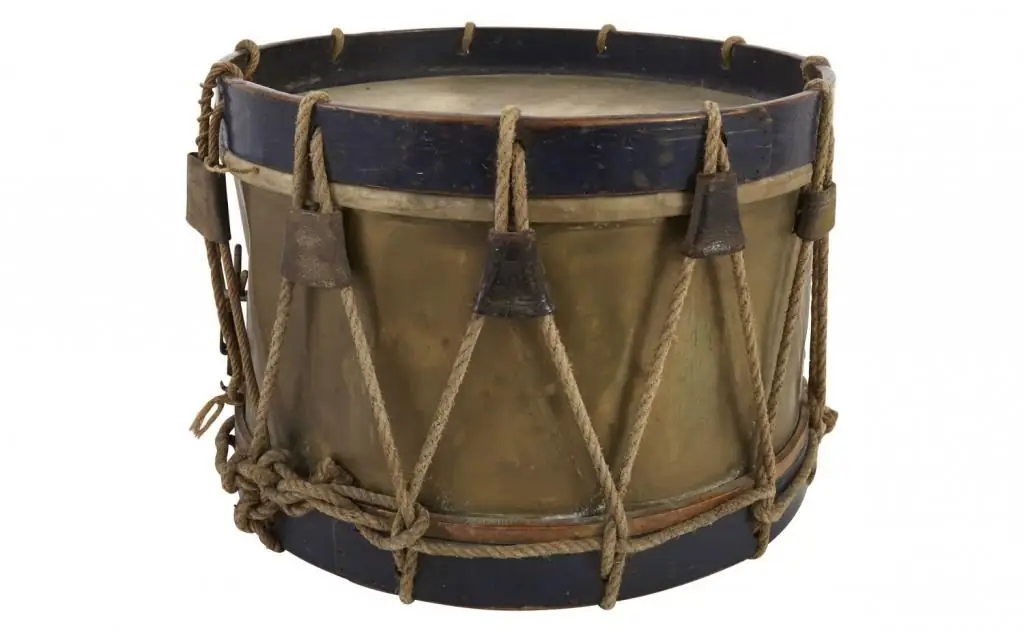What is alarm? This is a lexeme that refers to historicism, that is, it denotes objects and phenomena that have already gone out of use in modern life. And also it has a foreign origin and is most often used in literature, and in conversation it is used, as a rule, in a figurative sense. And it has not one, but several interpretations. In this regard, the answer to the question of what an alarm is may cause difficulties, which will be overcome by reading the following information.
Dictionary definitions

As for the meaning of "alarm", the dictionary says that this word has several interpretations. Among them are the following:
- The first is marked "historical" and refers to a special bell or brass drum. They were used in settlements as a means of warning people about an impending natural disaster or some other danger. At the same time, such expressions as “strike the alarm”, “strike the alarm” were used.
- Second value -figuratively, it describes an alarm signal calling for a gathering of the population. It was served using the above bell or drum.
- The third one refers to an old term for bass drum. It was used in Russian troops.
- An outdated name for a timpani - a percussion instrument that looks like two hemispheres covered with leather.
Continuing to study the meaning of the word "alarm", let's turn to lexemes that are close to it in meaning.
Synonyms

Among them are the following:
- ringing;
- bell;
- alarm;
- drum;
- flash;
- chime;
- Blessing;
- rynda;
- tulumbas;
- commotion;
- bell;
- campan;
- danger;
- chango;
- damara;
- tambourine;
- porcupine;
- tsarga;
- nagara;
- bangu;
- tympanum;
- dhol;
- dool;
- chime;
- chime;
- rattling;
- mess;
- panic;
- signal;
- anxiety.
To better understand what an alarm is, we should consider its origin.
Etymology

The word comes from the Arabic plural noun - naubât. Initially, it meant drums, but not all, but only those that sounded the alarm and were located in front of the houses of noble people. Naubât comes from another Arabic noun -nauba. It meant the change of time, the guard.
According to etymologists, this word was introduced into the Russian language through Turkic no later than in the 17th century. It is occasionally used in the second Pskov chronicle, which describes in detail the wars, epidemics, unrest directed against the Pskov posadniks and governors of the Moscow princes, dating back to the 15th century. It is assumed that it was written by Stepan Doynikovich, a Pskov mayor. More often in the manuscripts of the merchant Fedot Kotov, dating back to the 17th century.
Continuing the consideration of the question of what the alarm means, one should also point out other interpretations of the studied lexeme.
Other values
Among them you can find the following:
- Name of the counterterrorism plan that is applied when there is a terrorist threat to an aircraft.
- An educational film shot in the Soviet Union about the fight against aerial terrorists.
- Populist magazine, which was published in London, and then in Geneva, by a group of emigrants from Russia and Poland in the 90s. 19th c.
- The name of a major anarchist association in Ukraine during the Civil War. It published a newspaper of the same name.
- Sweetness consisting of coarse crystalline sugar, usually grape. It is popular in Azerbaijan and Central Asian countries during the holidays. It also has other names, such as “kinva-shakeri”, “nabot”, “navat”.
- Name of a village in Bryansk and a settlement in the Volgograd region.
- The world-famous song called "Buchenwald alarm", which hasanti-fascist orientation. The author of the poems is A. V. Sobolev, and the music - V. I. Muradeli.
In conclusion, to the question of what an alarm is, facts concerning it will be given.
Some details

In the Russian Empire, according to the decrees of 1797 and 1851, it was necessary to sound the alarm during fires, snowstorms and blizzards. The blizzard signal was intermittent, until the end of the storm. During heavy fogs, the alarm was used on the Ladoga and Onega lakes. As an alarm, it was used until the 18th century.
The military in Russia still use the alarm to this day as a fire signal. To do this, use the so-called beater, which is painted red. It can be a piece of a rail, an oxygen bottle, a carbon dioxide fire extinguisher bottle.






